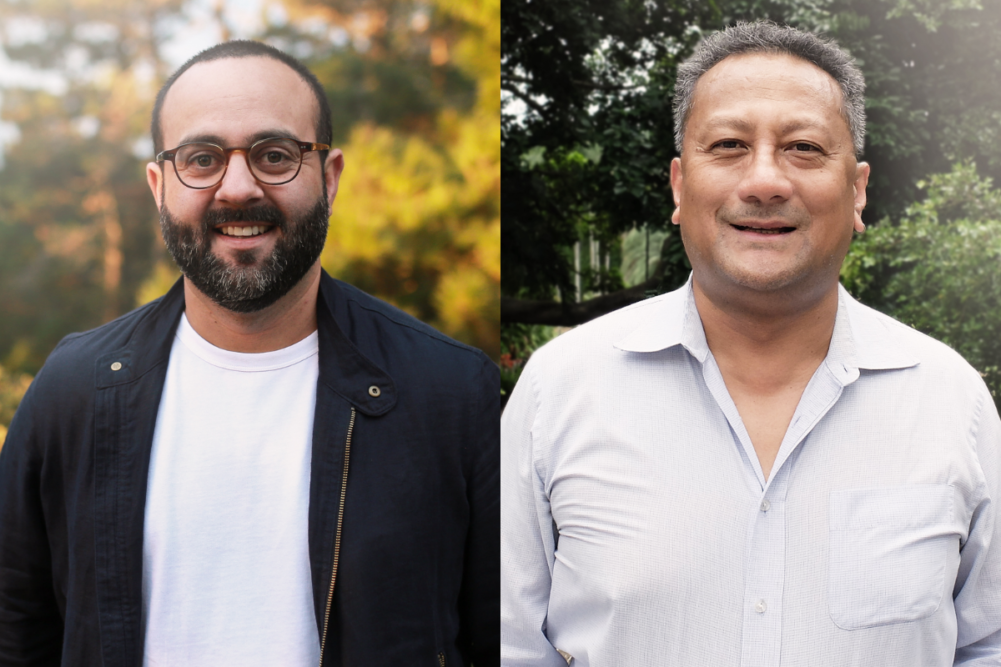PALO ALTO, CALIF. — Luis Espinoza has been named chief operating officer at Change Foods, a startup using fermentation to produce animal-free dairy products.
He joins the company from Eat Just Inc., a maker of plant-based egg alternatives, where he was vice president of manufacturing. Before that he held key manufacturing positions at Amy’s Kitchen, Marquez Brothers and Kraft. Mr. Espinoza brings a background in cheesemaking, having studied traditional methods of producing cheese and yogurt in Wisconsin, Italy and Greece before transitioning to the plant-based dairy industry.
“We will be building a team, making strategic decisions, starting up new operations, building a company with a real mission, scaling up new technologies and I will get to make cheese again with a very different approach,” Mr. Espinoza said.
The company also announced Junior Te’o, co-founder of Change Foods and former associate professor at Queensland University of Technology in Australia, has taken on the role of chief technology officer. He brings more than two decades of experience in microbial fermentation and biotechnology with expertise in strain development, yield optimization and downstream processing.
“I am excited to bring my translational skillset in cellular and molecular biology, and microbial fermentation technologies to the company,” Mr. Te’o said. “Change Foods has an amazing team that embodies forward-thinking innovation and a sustainability mindset.”
David Bucca, chief executive officer of Change Foods, said his goal is to build a team of scientists coupled with food industry experts. The new hires follow the addition of Irina Gerry, chief marketing officer, who joined Change Foods from Danone in December.
“In my experience, a complex, multi-disciplinary system cannot be built in isolation or executed in a linear manner without inefficiencies and costly errors,” Mr. Bucca said. “The conventional start-up model of tech pushing to ops, to marketing, to sales, is too rudimentary for this endeavor — it is disintegrated, slow, and will most likely result in a sub-optimal product the market doesn’t really want… Creating a well-balanced, multi-functional eco-system enables for parallel processing and a higher-integrated mode of operating, de-risks the operational execution and results in better product-market fit.”

